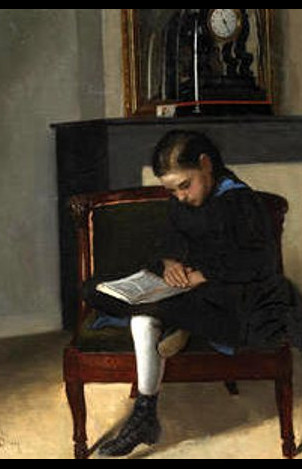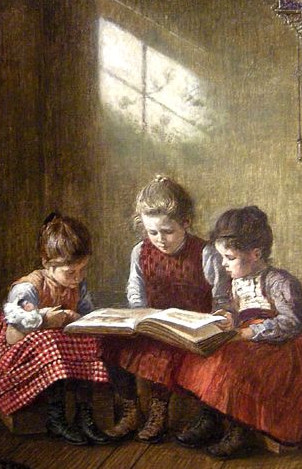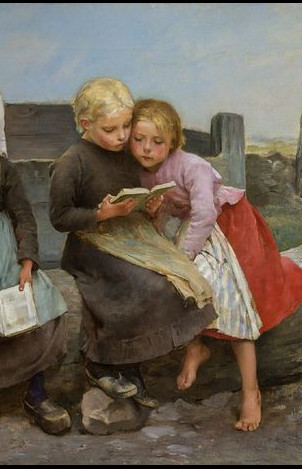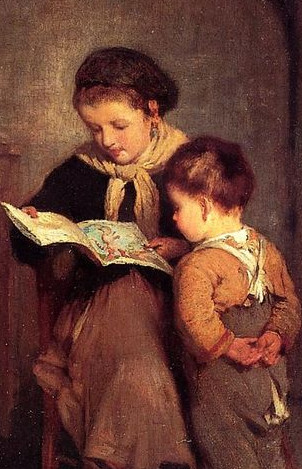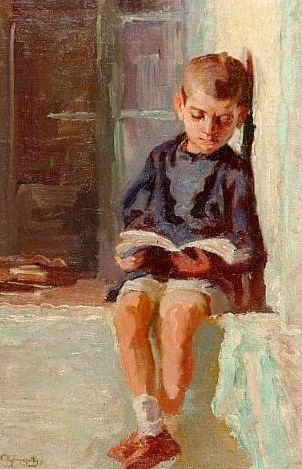Literacy Blogs
- All
- 3-cueing
- academic learning time
- academic vocabulary
- accommodations
- accountability testing
- Active View of Reading
- adolescent literacy
- afterschool programs
- alphabet
- amount of instruction
- amount of reading
- argument
- assessment
- auding
- author awareness
- automaticity
- balanced literacy
- beginning reading
- Book Buddies
- Book Flood
- challenging text
- classroom organization
- close reading
- coaching
- cohesion
- Common Core State Standards
- complex text
- comprehension strategies
- content area reading
- context analysis
- curriculum materials
- Daily 5
- decoding
- departmentalization
- DIBELS
- dictionary skills
- digital texts
- disciplinary literacy
- dyslexia
- early interventions
- effective teachers
- Emily Hanford
- executive function
- family literacy
- fingerpoint reading
- foundational skills
- graphic novels
- guided reading
- heterogeneous grouping of students
- homework
- improving reading achievement
- independent reading
- independent reading level
- informal reading inventories
- informational texts
- instructional level
- invented spelling
- jigsaw instruction
- knowledge
- leadership
- learning disabilities
- Lexiles
- linguistic comprehension
- listening comprehension
- literacy charities
- literacy policy
- literary interpretation
- main idea
- morphology
- motivation
- narrative text
- National Early Literacy Panel
- nonsense words
- oral language
- oral reading fluency
- paraphrasing
- Pause, Prompt, Praise (3P)
- personalized learning
- phonemes
- phonemic awareness
- phonics
- press and media
- principals
- prosody
- Readers' Workshop
- reading comprehension
- reading disabilities
- reading intervention
- reading levels
- reading models
- Reading Recovery
- reading research
- reading skills
- reading strategies
- reading to children
- reading wars
- reading-writing relations
- remedial reading
- rereading
- Response to Intervention
- Scarborough's Rope
- science of reading
- seatwork
- semantics
- sentence comprehension
- sequence of instruction
- set for consistency
- set for variability
- shared reading
- shared reading
- sight vocabulary
- simple view of reading
- Simple View of Reading
- small group instruction
- social studies
- sound walls
- Special Education
- speech-to-print phonics
- spelling
- stamina
- summarizing
- Sustained Silent Reading
- syllabication
- syntax
- syntax
- testing
- text complexity
- text interpretation
- text reading fluency
- text structure
- theme
- think-pair-share
- trauma
- visualization
- vocabulary
- word walls
- writing
- zone of proximal development (ZPD)
Common Core State Standards: Winners and Losers
During the past few months, some amazing things have been happening in education policy. Forty-six states and the District of Columbia have agreed to adopt a single set of education standards in the English Language Arts and Mathematics. Arne Duncan ALSO pledged $350 million towards a new set of tests of those standards. Now that sounds like a national curriculum to me… and national tests to boot—though nobody is using those terms right now. Of course, development efforts like these take years, so those who are philosophically offended by the idea of a national curriculum won’t have to worry, right? Not ...
Even Scarier than Wild Animals
It’s good to be back from Africa—I guess. Each day (and night), Cyndie and I had fascinating new experiences, sometimes frighteningly so: like the night we were awakened by a lion fight; or the hippo that chased us; or the time we mistakenly found ourselves inconveniently between a bull elephant and what he wanted to eat. Scary stuff. Not that I’m home, I’ve been going to meetings, reading emails and the latest journals, and maybe I was safer with the cheetahs! Just in the past few days I’ve been hearing over and over the kind of anti-research rhetoric that was popular ...
Why Comprehension Instruction Goes Bad
Last week, I posted a blog that described how effective comprehension strategy instruction works. I said that students won’t use strategies forever and that I didn’t believe that strategies eventually morphed into skills (at least not skills that look anything like the strategy). I think strategies work more like true scaffolds; they operate as a temporary support that allows kids to read on their own more effectively, but not in the same way they will need to read on their own later. The problem is that strategies are cumbersome and no one will use them for long. Frankly, when a ...
Why Teach Comprehension Strategies?
There is no doubt research shows that reading comprehension strategy instruction works. The National Reading Panel said so. Although comprehension studies have been short-term, there are just so many of them (more than 200 such studies). That doesn’t mean everybody agrees with strategy teaching. Isabel Beck and Margaret McKeown have argued strenuously against such teaching. They claim teachers would be better off having kids read text and engaging in a deep discussion of the ideas. I respect Isabel and Moddy, but how can you ignore so much research? I think the disagreement lies in a basic misconception about the purpose of strategy instruction. There are three ways to ...
RtI on Steroids, or Why I Believe in the 9-Tier Model
The latest rage in the schools is RtI. Special education money (about 15% of it) can now be used for improving classroom instruction and installing preventative intervention programs. I'm a big fan of this movement for several reasons: First, because the best way to determine if someone has a learning problem is to offer really good teaching and if the struggling continues then you know. Second, special education programs simply haven't worked very well for most kids, and the learning disabilities label has been over applied, and those programs are getting expensive. But even though I like RtI, I have problems ...
Encouraging Summer Reading
Blast from the Past: So much has changed since this was first posted 12 years ago, so I decided to update this. Then, supporting children’s summer reading was a nice thing to do, but these days it is critically important given how much face-to-face schooling kids have missed. I’ve added a few ideas here and provided a lot of useful link that are all up to date. Send this along to your favorite parents, teachers, and librarians. May 29, 2009 updated June 26, 2021 This is the time of the year when schools often try to reach out to parents to encourage ...
Irish Literacy
What a great week... I just got back from a very pleasing visit to Dublin, Ireland. My Irish friends invited me over to see if I could provide any help to their wonderful "youngballymun" project. Ballymun is an area of Dublin that is economically challenged. Ireland has one of the world's best education systems and among the highest literacy levels, but everything isn't what it should be in Ballymun. As in major cities all over the U.S., the kids who live in economically-challenged neighborhoods (with the worst housing, the most serious health problems including drug abuse, etc.) do worst in school. ...
Teaching with Clenched Teeth
First posted May 11, 2009. Blast from the past July 20, 2017 Here we are at the height of summer... I just got back from the International Literacy Association conference and I was hearing about teachers already preparing to start back to school this month! Summers used to mean baseball--not the school year. This blog might remind everyone of a key characteristic of effective of reading teachers. Teaching should follow research, and teachers ought to use the kinds of tools and routines that have been found to be effective in the past. In the Chicago schools, I imposed time standards to make sure ...
Reforming NCLB: What to Keep
The next version of the Elementary and Secondary Education Act is going to be quite different from “No Child Left Behind” (NCLB). That’s both good since real changes are needed, but it’s a little scary, too, because NCLB represented a remarkable and positive break with past federal education policy. A quick pre-2000 history lesson: At the federal level, Republican and Democratic views of education had evolved into an unfortunate stalemate. Republicans usually opposed federal education spending for Constitutional and budgetary reasons. Their argument was that education was the responsibility of the states and that Uncle Sam should stay out of the ...
Persistence of reading problems: Research-based fact or urban myth?
Blast from Past: First posted March 30, 2009; reposted May 3, 2018. I didn’t think I’d be re-issuing this one, but this week, I heard two of these myths repeated so, perhaps, time for a reminder of the facts. Last week, I heard from the Education Writers Association requesting information about what happens to children who don’t learn to read well by third grade… Do they drop out of high school? End up in jail? Become wards of the state? Go into politics? (Okay, they didn’t really ask that last one, I was just checking to see if you were paying attention.) The Writers had checked NAEP reports and ...

